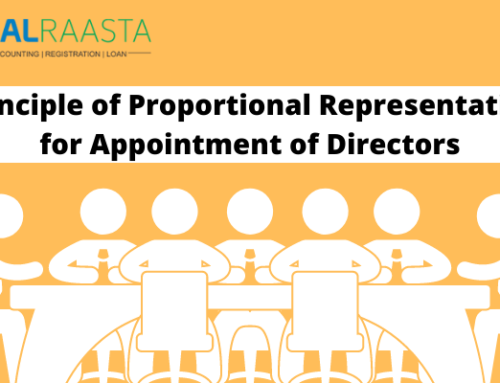Indian economy is an agrarian economy. Around two-thirds of our population depends on agriculture for their livelihood. But, the farmers and primary producers in India have had a long struggle, given the competition from global markets, low-profit prices etc. To address these issues, the Government set up an expert committee, led by an economist, Y.K. Alagh to look into the matter. In 2002, they introduced the concept of Producer companies. Since then, they have helped primary producers gain access to credit, input, market, production technology etc.
The following are further benefits that the Producer companies enjoy:-
Contents
MEMBERS’ BENEFITS:-
- The members will initially receive the value for the produce or products pooled and supplied as the directors may determine. This amount is given out later either in cash or in kind or by allotment of equity shares.
- Members will be eligible to receive bonus shares in proportion to the shares held by them.
- The surplus after provision for payment of limited return and reserves may be given out as patronage bonus, among the Members. Patronage bonus means payment out of surplus income to members in proportion to their respective patronage. Patronage, on the other hand, is the use of services offered by producer companies to their members by participation in their business activities.
TAX BENEFITS:-
The Indian Income Tax Act, 1961(“the IT Act”) specifically exempts tax on agricultural income under section 10(1).
However, the exemption for such agricultural income shall sometimes differ on the basis of the kind of agricultural activity undertakes.
It is important to note that the IT Act does not essentially provide any special benefits or exemptions to producer companies by definition. But subject to the kind of agricultural activity carried out, certain tax benefits can be availed.
For instance, income from green tea leaves grown and sold directly is agricultural income under the IT Act. Such income is 100 % tax-free. But if the green tea leaves are further processed and tea is manufactured only 60% of the income derived from such an activity is considered as agricultural income. Only 60% of such income is eligible for tax exemption.
Thus, it is clear that the tax exemption to a producer company depends upon the activity it carries on.
LOANS AND INVESTMENTS:-
The members of the Producer Company are primary producers, and thus, are in need of financial assistance from time to time. Hence, a special provision is made by the Act 61 of Producer Company of giving loans to its members. The Company can provide financial assistance to its members through:-
- The credit facility, to any member, in connection with the business of the Company, for a period not exceeding six months.
- Loans and advances, against security mentioned in articles to any Member, repayable within a period exceeding three months but not exceeding seven years from the date of disbursement if such loans or advances.
- NABARD Loan: NABARD has taken up the cause of supporting and to meet the needs of Producer Companies. It set up a Rs. 50 crore Producer Organisation Development Fund (PODF) in 2011, out of its operating surplus.
For more information, Contact LegalRaasta.






